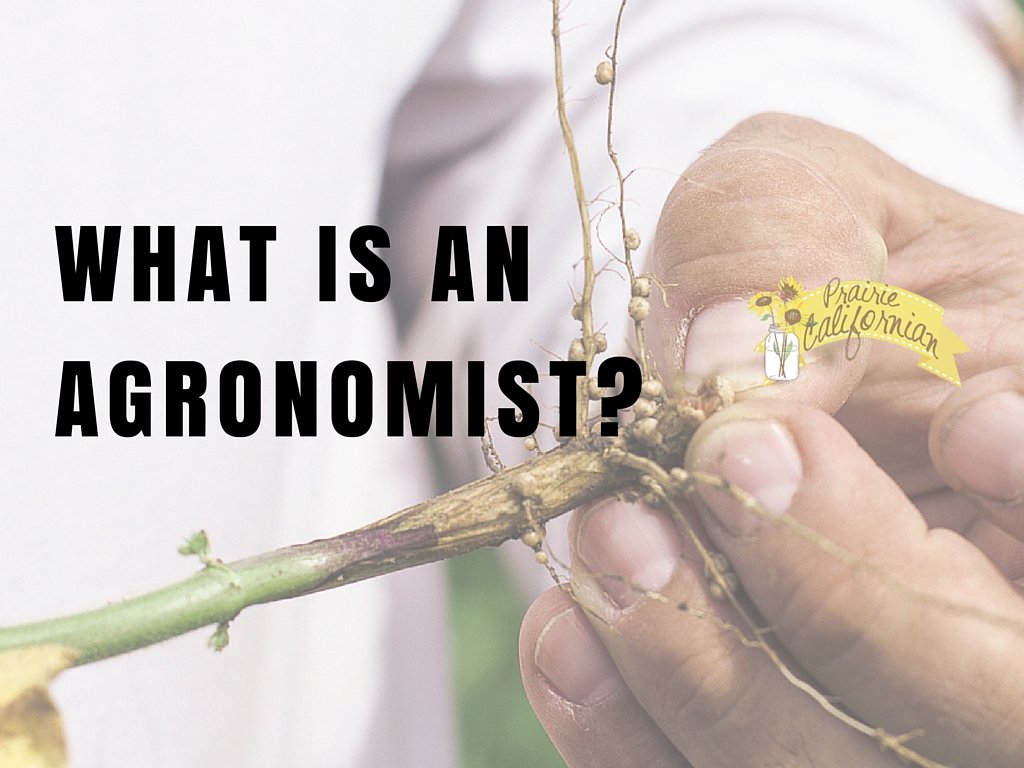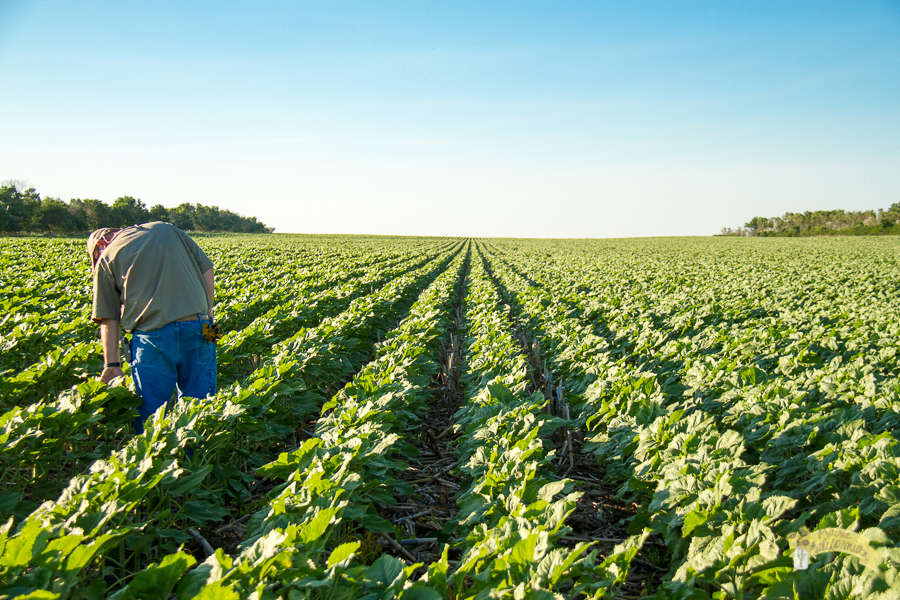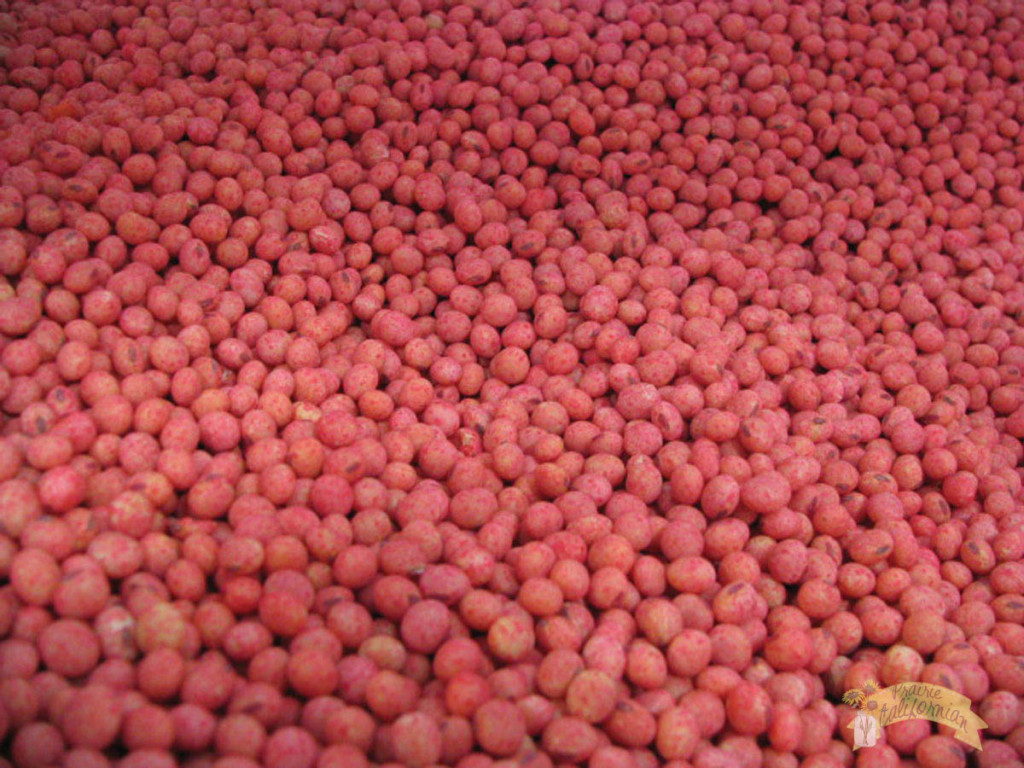
Last year I traveled all over the country. In travels, it is pretty typical, one of the first questions someone asks is “oh what do you do?” As in, what do you do for a living. I like to joke that my “day job” is working full time for my husband who is a partner in an agronomy business called Maverick Ag.
And usually when I drop the word “agronomy” people give me this funny look and say “agrono…what?” Most of the time my reply is that he owns an Ag retail business meaning he advises farmers on inputs for their farms like seed and chemical. But the truth is, he is so much more than that. If I had to break the job of an agronomist down into the most simple of terms it would be. An agronomist is part crop advisor, part counselor, part friend, and part salesman.
Where Did Agronomy Come From?
If you were to sit down and talk with farmers here from a generation ago, they would tell you that agronomy was an unheard of profession and certainly, an agronomist was not someone they typically brought out onto the farm. In fact, my husband has told me several times that he never went to college with aspirations to become an agronomist. In fact, he had never even heard of agronomy. He took some plant science classes through that found he had a passion for agronomy. And as they say, the rest is history.
Agronomy is something that has evolved out of demand and necessity in the past several decades. Today as technologies in the seed industry rapidly increase, it is becoming demanding for farmers to make decisions on what to plant. Crops of the past (in our area) such as wheat, barley, oats, sunflowers, and flax which gave farmers limited seed selection have now evolved into multiple varieties of corn and soybeans.

With these new crops, farmers were met with more diverse seed selection than the crops of the past. They needed some insight into how these different seed technologies would produce in this area. As cropping diversified and no till was adapted, there was also an opportunity for agronomists to give advice on new chemical and herbicides used in no-till methods of production. Agronomists fill all of these niches, helping farmers keep up with technologies both in chemical application as well as selecting seeds that best fit the farmer’s fields.
What Does an Agronomist Do?
An agronomist keeps up to date and maintains vast knowledge of all the new and upcoming innovations in seed, chemical, and crop nutrients. An agronomist helps farmers with seed selection and choosing which technologies best suit their land.
An agronomist helps with weed identification and can make herbicide recommendations for a wide variety of cropping systems. An agronomist can help farmers with nutrient management through soil sampling and make recommendations for fertilizers and micronutrients.

An agronomy business can extend beyond crop consulting, acting as the intermediary through securing and supplying the products essential for farmers in their operations. As technologies are continually changing at a rapid pace, the duties of agronomist and the niche they fill will follow those changes.
What is the future of Agronomy?
The future of agronomy lies in ever changing world we all face in agriculture. Anything from shifting weed spectrums, to maximizing yields, and implementing new technologies. As new herbicide tolerant and resistant weeds continue to be discovered, it is the job of agronomists to keep up to date on methods and new innovations to combat these resistant weeds.
As seed technologies look towards further development, agronomists are given more choices in seed varieties such as dicamba and 2,4-D herbicide tolerant crops. The future of agronomy lies in carefully navigating market and supply challenges for seed, chemical, and crop nutrients.

There is no denying the market and supply for Ag inputs has changed by production being limited to year-to-year usage with shortages in product becoming more common. Acquiring the products necessary to fill the demand for customers takes pre-planning and making informed decisions based upon years previous. As the Ag retail industry changes, there is no doubt agronomists will be there to change and evolve with it.

Nice article, Jenny. What you are describing is what many farmers are having to do now as there operations have grown in size. A good agronomist will be asking the bigger questions and looking 2-5 years ahead and providing guidance on current as well as future issues. At least that is what I would do. In the Delmarva the issues of water quality have been in effect for about 35 years and CAFO operations in NY have very strict guidelines that really need the expertise of a certified and experienced agronomist. With about 13,500 CCA’s and 750 CPAg’s, I am sure we will be needing many more!
Great post! I am an agronomist in Iowa. I don’t work in retail, so I’m more in the ‘consultant’ category. 🙂 I am seeing a shift in agronomy to knowing more and more about conservation and sustainability. And, I stumble over myself all the time when trying to explain an agronomist!!
Author
Thank you! Agronomist certainly isn’t a term that is easily definable is it!? 😉
I grew up listening to agronomists on the small, local radio station in Iowa. They have to know a little about pretty much everything . . . not an easy task!